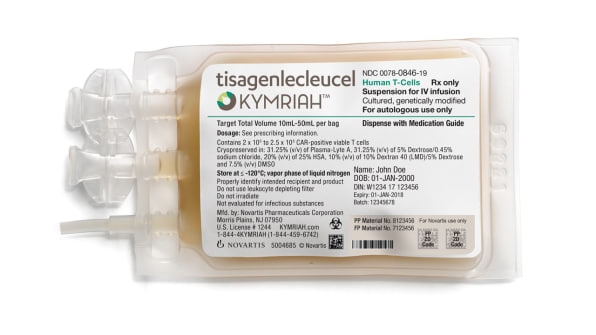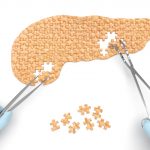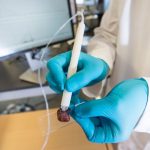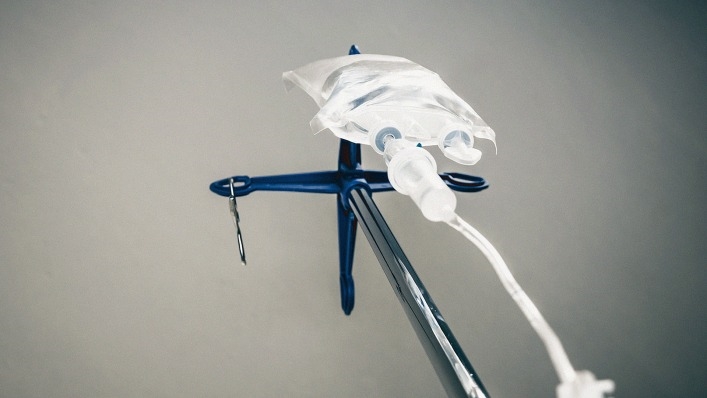This Pioneering $475,000 Cancer Drug Comes With A Money-Back Guarantee
After the Food and Drug Administration approved Kymriah—a futuristic gene therapy meant to treat children and young adults with relapsed acute lymphoblastic leukemia—Novartis announced an unusually high price: $475,000. That cost is actually below Wall Street analyst expectations, which reached as high as $750,000 for a dose, and is considerably cheaper than the $700,000-ish price tag that U.K. regulators said would be fair considering the potential benefits of the drug.
But amid persistent allegations that drug company executives are lining their pockets, and legislative calls for more pricing transparency, the Switzerland-based company defended the cost by announcing a relatively new approach to pricing: If the drug doesn’t work after the first month, patients pay nothing.
Kymriah’s the first FDA-approved gene therapy, with each dose custom-tailored to “reprogram” an individual patient’s genes, and it’s shown remarkable results in treating this and potentially other types of cancers. (Its scientific name is CAR-T, for chimeric antigen receptor T-cell, the genetically altered white blood cells.) At an FDA meeting in July, oncologist Dr. Tim Cripe said he thought the drug was “the most exciting thing I’ve seen in my lifetime.”

Still, the $475,000 price tag is “excessive,” says one patients’ rights group, Patients for Affordable Drugs. And the sticker price doesn’t include the price of hospitalization, drugs needed to tamp down Kymriah’s side effects, or the costs of travel to get Kymriah: Patients will need to travel to one of just 32 sites around the country, where doctors will harvest patients’ white blood cells and ship them off to a Novartis facility in New Jersey. There, they can be edited and mailed back. The entire process takes about 22 days.
In its pricing decision, Novartis said it considered, among other things, the price of the current leukemia treatment, bone-marrow transplants, which can cost up to $800,000. And on a conference call on Wednesday, Bruno Strigini, Novartis’s head of oncology, pointed to its new pricing idea: basically, a “money-back guarantee” for life-or-death gene therapy.
Novartis has approached the Centers for Medicaid and Medicare Services and insurers about “indication-based” or “value-based” pricing schemes where only patients who have responded to Kymriah in a month will incur a charge. Joseph Jimenez, the chief executive of Novartis, told Forbes he sees Kymriah as his chance to put into practice new ideas about drug pricing “he has advocated for years as a solution to the pharmaceutical industry’s bad reputation and unsustainably rising prices.”
The idea of “outcomes-based” or “value-based” contracts for pharmaceuticals isn’t new, but it’s only seen hesitant adoption. Novartis is also currently refunding money if too many patients taking the heart failure treatment Entresto are hospitalized. Merck, with its diabetes drugs Januvia and Janumet, promises to return money if patients’ diabetes do not meet goals for control. Recently the concept caught the attention of the Trump administration, which is now considering whether to encourage the strategy after drug company executives presented it to the president at a meeting in January.
Still, some doctors and health economists say such pricing distracts from other issues in drug pricing and ultimately doesn’t do much to lower costs. In a recent note to investors, The New York Times reported, David Maris, an analyst at Wells Fargo, called the approach a “carnival game” and said he knew of no such arrangements “where a drug company did not consider it a win for them.”
Who Paid For This?
Jimenez also says the price is “responsible” and “sustainable” given the money Novartis plowed into the drug, pushing back “against charges that Novartis is just profiteering based on research that was mostly done by academics and funded by the National Institutes of Health,” writes Forbes. Patients For Affordable Drugs calculates that the NIH poured $200 million into research that led to CAR-T therapy. Jimenez says only $16 million in taxpayer money had supported CAR-T development. The patient group disputes that. (In any case, new budget cuts to the NIH portend unhappy things for American leadership in medical research.)
But Jimenez says Novartis spent more than $1 billion since 2012 on bringing Kymriah to market. He said investments the company hasn’t disclosed “dwarf anything the government has invested through NIH grants.” In spite of the high price, some have pointed out that Kymriah may be a shaky business opportunity given what’s spent on research: There are only about 3,100 new cases of relapsed acute lymphoblastic leukemia each year, and roughly 70% can be pushed into remission by standard therapy. The company, meanwhile, is confident its investment in the drug will lead to other uses.
More Gene Therapies—And More Transparency?
Announcing the approval of Kymriah, FDA commissioner Scott Gottlieb spoke of “a new frontier in medical innovation with the ability to reprogram a patient’s own cells to attack a deadly cancer.” Other drugmakers are developing CAR-T drugs, including Kite Pharma, which was purchased for $11.9 billion by Gilead Sciences this week. (An FDA decision on that therapy is expected in November; Gilead manufactures the hepatitis C drug Harvoni, which, at $87,800 and rising, is one of the highest-priced prescription drugs on the market.)
Ultimately, the question on pricing is moot, argue groups like Patients For Affordable Drugs, until companies like Novartis are fully transparent about the costs that go into those drugs. Lawmakers have been paying more attention: As the U.S. Congress questions and chastises drugmakers, various states are already adopting legislation that demands more pricing transparency.
Fast Company , Read Full Story
(93)














